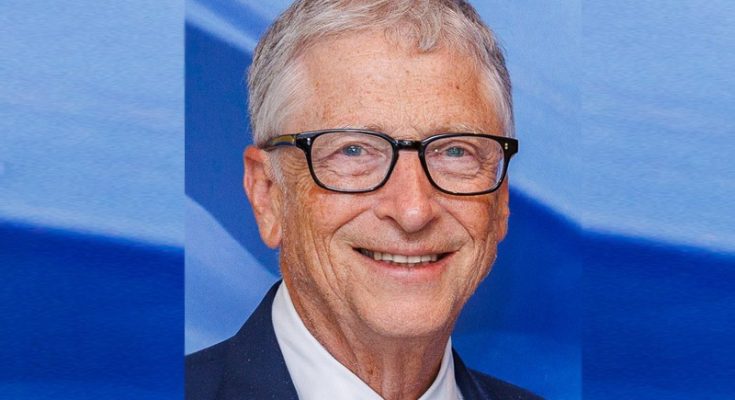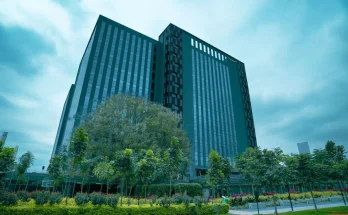#Bill Gates# AI Jobs# Automation# Artificial Intelligence# future of work# Microsoft # Anthropic# IBM# Goldman Sachs
IBNS-CMEDIA: Artificial intelligence is transforming the global job landscape faster than anyone expected — and even Bill Gates by the speed of change.
Speaking to CNN, the Microsoft cofounder said he’s astonished by how quickly AI is evolving, revealing that he tests it “multiple times a day” with increasingly complex questions, according to a report by Daily Galaxy.
“It’s improving at a rate that surprises me,” Gates said, noting that the responses he gets are often “eerily comprehensive.”
His remarks echo mounting concern across the tech world.
Anthropic CEO Dario Amodei recently warned that nearly half of all entry-level white-collar roles could vanish within five years.
IBM has already eliminated 8,000 HR positions due to automation, while Meta’s Mark Zuckerberg is developing an AI-powered engineer.
Amazon’s Andy Jassy has similarly told staff to expect leaner corporate teams as AI takes on more coding and support work.
“The question is, has it come so fast that you don’t have time to adjust to it?” Gates asked. The answer, he suggested, may be yes, according to the report.
Goldman Sachs researchers estimate that automation could replace the equivalent of 300 million full-time jobs worldwide — especially those built on repetitive, rule-based tasks such as data entry or telesales.
Experts remain divided on when AI will match human capability — some say within two years, others believe it could take a decade — but most agree we’re nearing a “tipping
point.”
Despite the uncertainty, Gates believes a few professions could hold their ground for now. Software developers remain essential, he argues, because “AI still needs people to build AI — and fix its mistakes.”
In the energy sector, the complexity of nuclear and renewable systems means human oversight is irreplaceable.
“Would you trust an AI to run an entire national power grid with no human oversight?” Gates asked. “For now, most wouldn’t.”
He also named biologists as relatively secure — at least in the short term.
While AI can analyse genomes and identify disease patterns rapidly, scientific progress still depends on human intuition and curiosity.
Funding, Gates noted, is another factor that AI alone can’t solve.
Perhaps his most striking prediction is that AI could one day shorten the traditional 40-hour workweek.
“When you improve productivity, you can free up people to have smaller class sizes, longer vacations, or do more,” he said, suggesting a future of three-day workweeks.
But there’s a darker side to that optimism. As AI displaces entry-level roles — historically the training ground for future leaders — younger workers are feeling the strain.
A 2025 McKinsey survey found that 42% of Gen Z graduates already believe AI has hurt their career prospects, according to the report.
While experts debate whether general AI will emerge within years or decades, Gates’ warning is less about if disruption will happen, and more about how fast.
In a world where yesterday’s essential skill can become obsolete by tomorrow, even the most adaptable workers may struggle to keep pace.





